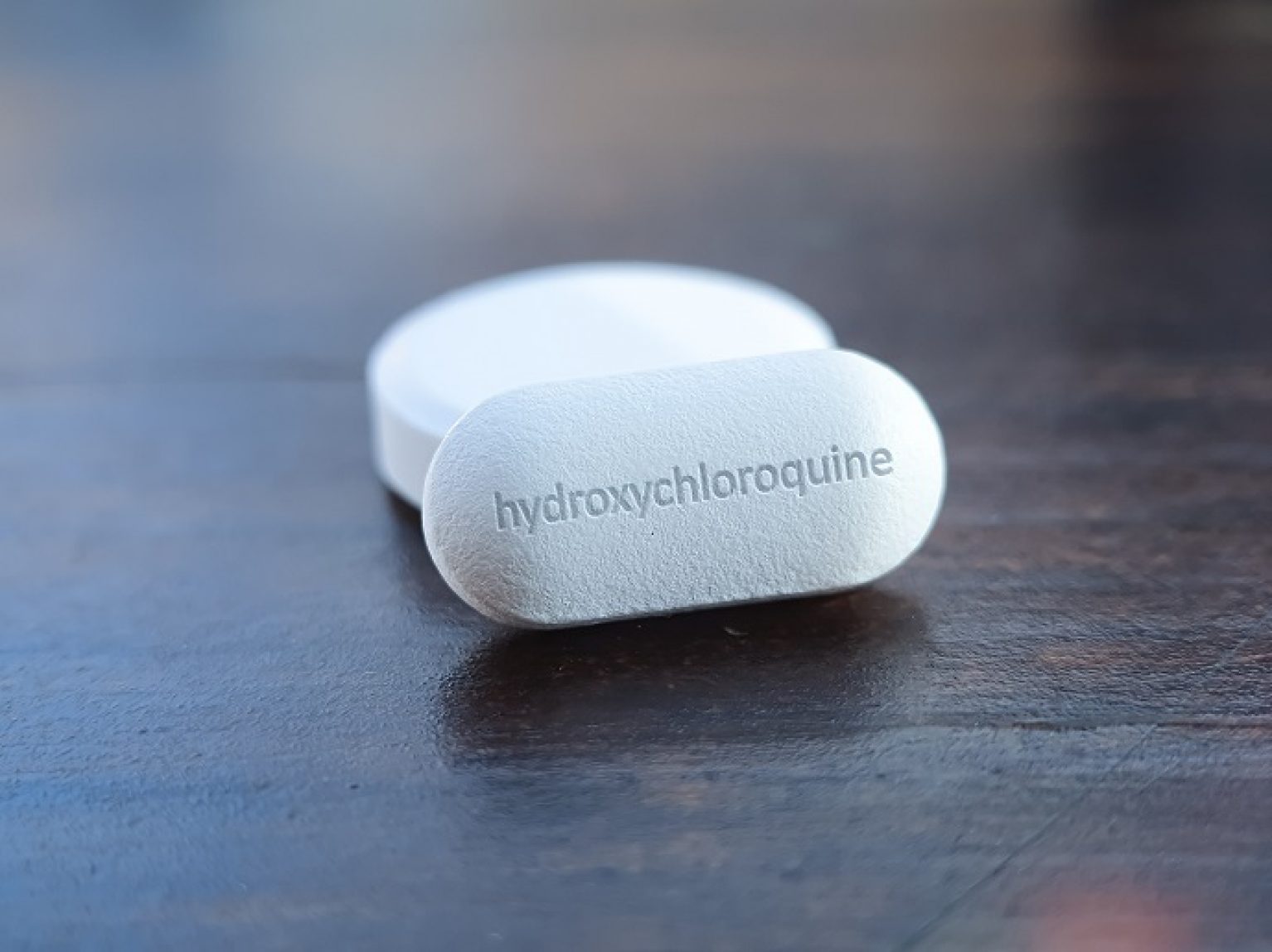Do you believe that hydroxychloroquine should be taken to prevent and/or treat COVID-19?
Only in the setting of a clinical trial. I agree with guidelines issued by the Infectious Diseases Society of America, April 11, 2020 and National Institutes of Health, updated May 12, 2020, that hydroxychloroquine should be taken only in the context of a clinical trial.
What does the literature currently tell us about hydroxychloroquine use in COVID-19 treatment and prevention?
There were early reports out of China that patients infected with SARS-CoV-2 improved and cleared the virus faster if they received chloroquine or hydroxychloroquine. However, this was a report on less than 30 patients, and there was no control arm. Two studies have now reported with more robust data, and unfortunately, hydroxychloroquine is performing no better than placebo and with a higher complication rate. The first study out of France published in the British Medical Journal showed no difference in hydroxychloroquine treated patients versus placebo. Of 181 patients, 84 received hydroxychloroquine within 48 hours of admission and 97 did not (control group). They found no significant differences between the groups for transfer to the intensive care unit, death within 7 days, or developing acute respiratory distress syndrome within 10 days.
In the second randomized study, researchers in China assessed the efficacy and safety of hydroxychloroquine compared with standard care in 150 adults hospitalized with COVID-19.
Patients were randomly split into two groups. Half received hydroxychloroquine in addition to standard care and the others received standard care only (control group).
By day 28, tests revealed similar rates of COVID-19 in the two groups but adverse events were more common in those who received hydroxychloroquine, including worsening of pneumonia, vision problems and diarrhea. Symptom alleviation and time to relief of symptoms also did not differ meaningfully between the two groups.
Is hydroxychloroquine safe for patients taking it who do not have any of the indicated conditions it’s prescribed to treat?
Right now people are looking for anything and everything that will help in treating or preventing COVID, which is understandable. And in the context of COVID, the studies that have come out in the last few days have shown that hydroxychloroquine does not seem to improve outcomes.
When it comes to any drug, especially one like hydroxychloroquine, no one should be taking anything without the counsel of their physician.
Specifically, hydroxychloroquine is approved by the FDA for treatment of chronic conditions such as rheumatoid arthritis, but there are risks, as with any medication. The most common complication is retinopathy, which if not caught early can cause irreversible vision disturbances. Less common side effects include heart rhythm problems, rash, liver damage, and nerve and muscle damage.
Are there any data to suggest that patients who are taking hydroxychloroquine for other conditions (rheumatoid arthritis, lupus) are protected from COVID-19?
Quite the opposite. There is no data that hydroxychloroquine is protective against contracting COVID-19. Patients with lupus and rheumatoid arthritis are actually at very high risk from this illness, as their immune systems are often impaired and they are at higher risk of pneumonia and severe complications of respiratory infections. Rheumatology researcher from around the world have started a registry called the COVID-19 Global Rheumatology Alliance, where they are collecting data on rates of COVID-19 infections in patients with lupus, rheumatoid arthriitis, psoriasis and other conditions, and have found that they do in fact get COVID-19, and so far, over 25% of them were on hydroxychloroquine at the time of their infection. The registry continues, also asking the question, do these infected do worse or better than the general public when infected.
Any additional comments you’d like to share?
Currently, these are the things we know you should do: frequent hand-washing, physical distancing, use of a face mask when in public places, attention to health optimization through proper nutrition, exercise and outdoor exposure, as well as speaking to your doctor about ways to optimize your immune health is our best protection from COVID-19 infecting us, our families and communities. There will be an end to this, and if we come out on the other side healthy, we will have succeeded, and hopefully learned much to manage the next pandemic.
Leann Silhan, MD
